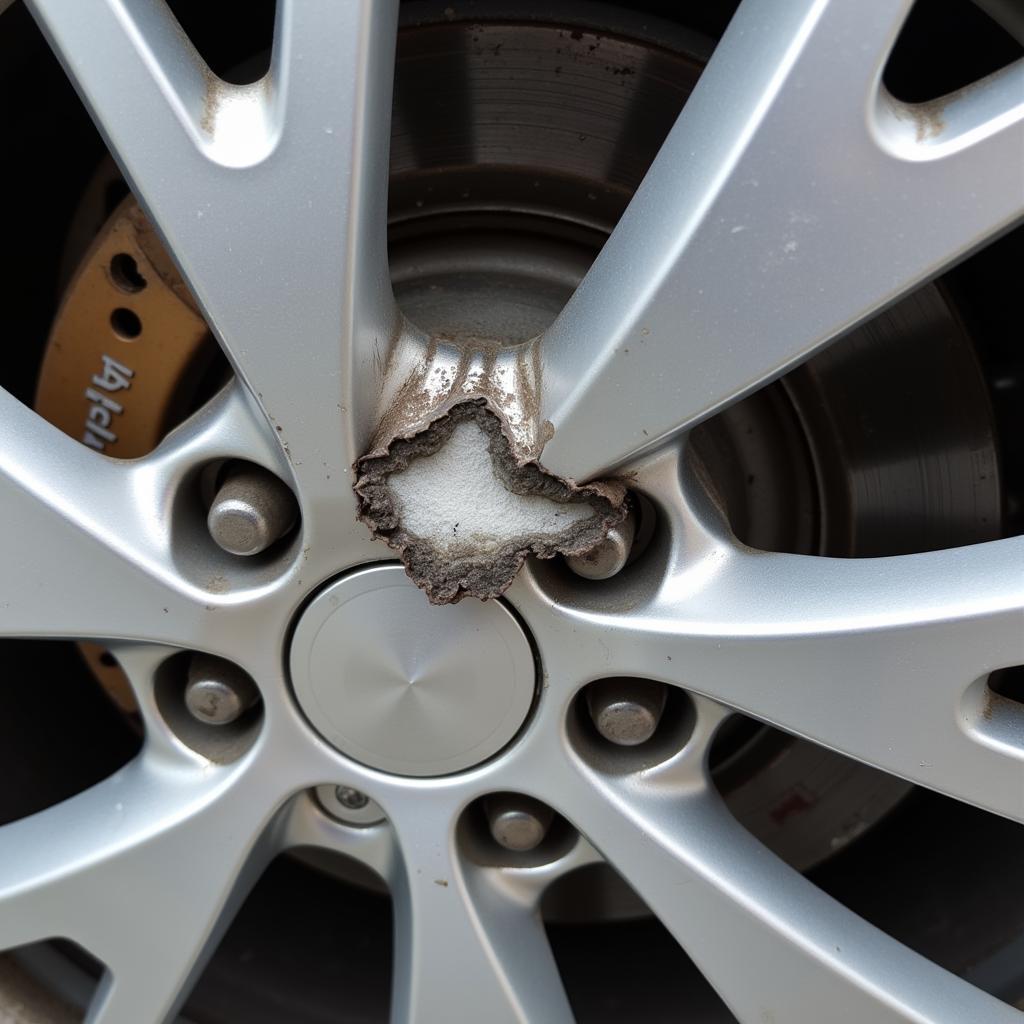Picture this: It’s a scorching summer day, you’re stuck in traffic, and your car’s AC decides to call it quits. We’ve all been there – the frustration, the discomfort, the desperate longing for a cool breeze. But before you crank up the windows and resign yourself to a sweaty commute, let’s explore some common car AC problems and how to fix them.
Understanding the basics of how your car’s AC system works can help you pinpoint the issue and potentially save you a trip to the mechanic. From simple fixes like recharging the refrigerant to more complex repairs like replacing a faulty compressor, we’ll guide you through the process.
Remember, while some repairs can be tackled with a DIY approach, others require the expertise of a qualified mechanic. Safety should always be your top priority, so don’t hesitate to seek professional help when needed.
Common Car AC Problems and Solutions
Let’s dive into some of the most common car AC issues and their solutions:
1. AC Blowing Hot Air
One of the most obvious signs of a failing car AC is when it blows hot air instead of cold. Several culprits could be behind this issue:
-
Low Refrigerant: Just like a refrigerator, your car AC uses refrigerant to cool the air. Over time, refrigerant can leak, leading to reduced cooling efficiency and eventually, warm air blowing from the vents. Recharging the refrigerant is often the solution, but it’s crucial to identify and fix any leaks before recharging.
-
Faulty AC Compressor: The compressor is the heart of your AC system, responsible for compressing and circulating the refrigerant. A failing compressor won’t be able to perform this task effectively, resulting in warm air.
-
Electrical Issues: Electrical problems, such as a blown fuse, a faulty relay, or a damaged wiring harness, can disrupt the flow of power to various AC components, including the compressor and blower motor.
[how to fix car ac that blows hot air](https://autotippro.com/how to fix car ac that blows hot air/)
2. Weak Airflow
If your car AC is blowing cold air but the airflow is weak, the problem might lie in:
-
Clogged Cabin Air Filter: A dirty or clogged cabin air filter restricts airflow into the cabin, leading to weak air output. Replacing the cabin air filter is a simple and inexpensive fix.
-
Malfunctioning Blower Motor: The blower motor is responsible for pushing the cooled air through the vents. A failing blower motor will result in reduced airflow, and in severe cases, no air at all.
3. AC Making Noise
Unusual noises emanating from your car AC system are a sure sign of trouble. Here’s what they could indicate:
-
Whistling or Hissing Sounds: These sounds often point to a refrigerant leak. As refrigerant escapes, it creates a high-pitched noise. Identifying and repairing the leak is crucial.
-
Clicking or Rattling Sounds: A clicking sound when you turn on the AC could indicate a problem with the AC compressor clutch. Rattling noises might suggest a loose component or debris within the system.
4. AC Smells Bad
A foul odor coming from your car AC is not only unpleasant but can also indicate potential health hazards:
-
Mold or Mildew Growth: Moisture trapped within the AC system creates a breeding ground for mold and mildew. This often results in a musty odor when you turn on the AC. Cleaning the AC system, particularly the evaporator core, is essential to eliminate the odor and prevent further growth.
-
Burning Smell: A burning smell usually indicates an electrical problem, such as a short circuit or an overheated component. If you notice this smell, turn off the AC immediately and seek professional help.
[how to fix bad smell from car ac](https://autotippro.com/how to fix bad smell from car ac/)
DIY Car AC Maintenance Tips
While some car AC repairs require specialized tools and expertise, there are a few maintenance tasks you can perform at home to keep your AC running smoothly:
-
Regularly Recharge the Refrigerant: It’s recommended to have your car’s AC refrigerant checked and recharged every 2-3 years, or as needed.
-
Replace the Cabin Air Filter: Change the cabin air filter at least once a year or every 12,000-15,000 miles to ensure optimal airflow and prevent dust and debris from entering the system.
-
Clean the AC Condenser: The AC condenser, located at the front of the vehicle, can become clogged with dirt, insects, and debris, reducing its efficiency. Use a garden hose to gently rinse off any buildup.
can you fix a car ac condensor
When to Call a Mechanic
If you’re uncomfortable performing any of the above repairs or if the problem persists despite your efforts, it’s best to consult a qualified mechanic.
Remember, attempting complex car AC repairs without the necessary knowledge and tools can lead to further damage and costly repairs down the line.
Conclusion
A properly functioning car AC is essential for a comfortable driving experience, especially during hot weather. By understanding the common car AC problems and their solutions, you can troubleshoot issues effectively and keep your cool on the road.
Need expert help with your car’s AC? Contact AutoTipPro today at +1 (641) 206-8880 or visit our office at 500 N St Mary’s St, San Antonio, TX 78205, United States. Our team of certified technicians is here to help you beat the heat and enjoy a comfortable ride.





Leave a Reply